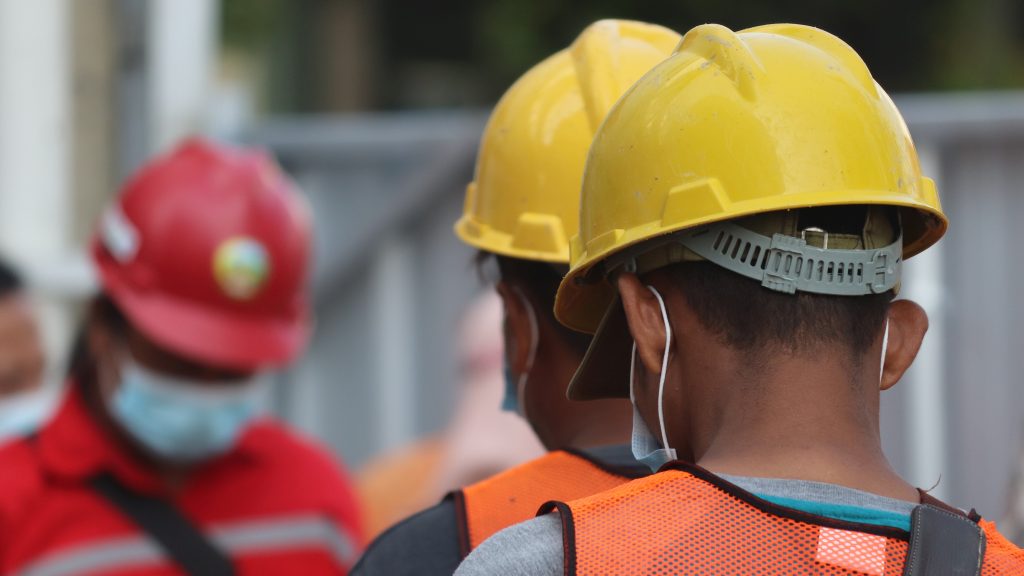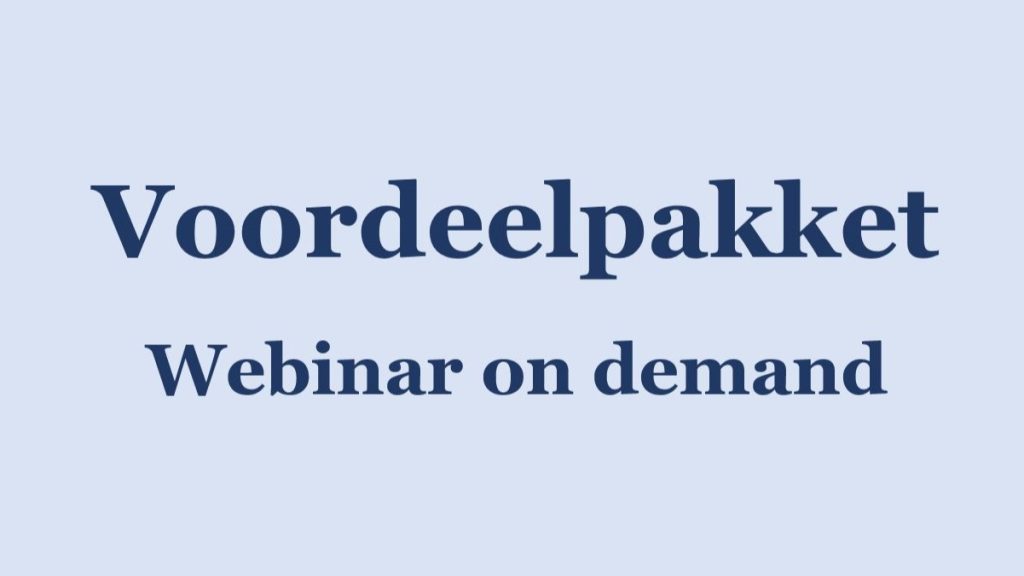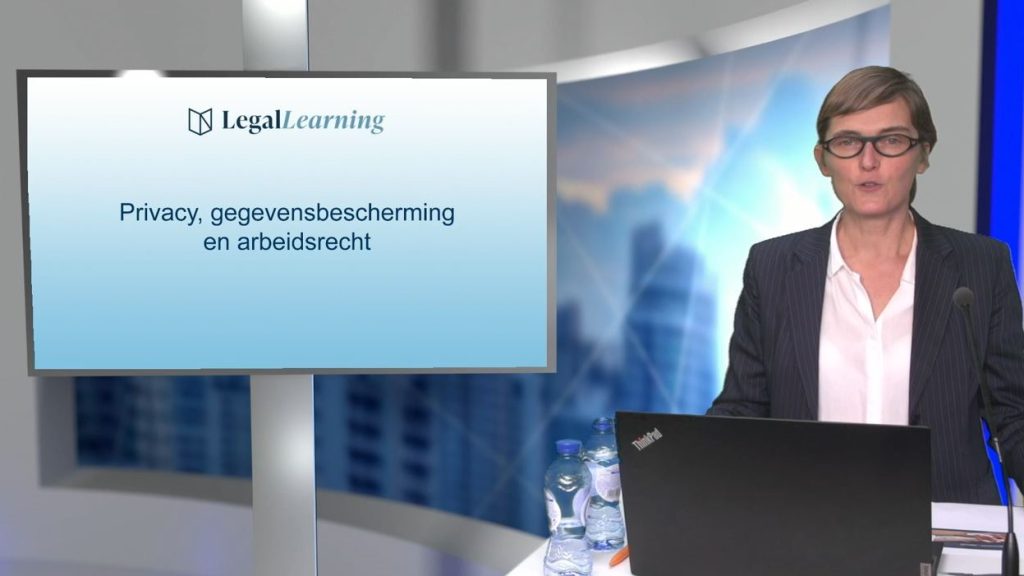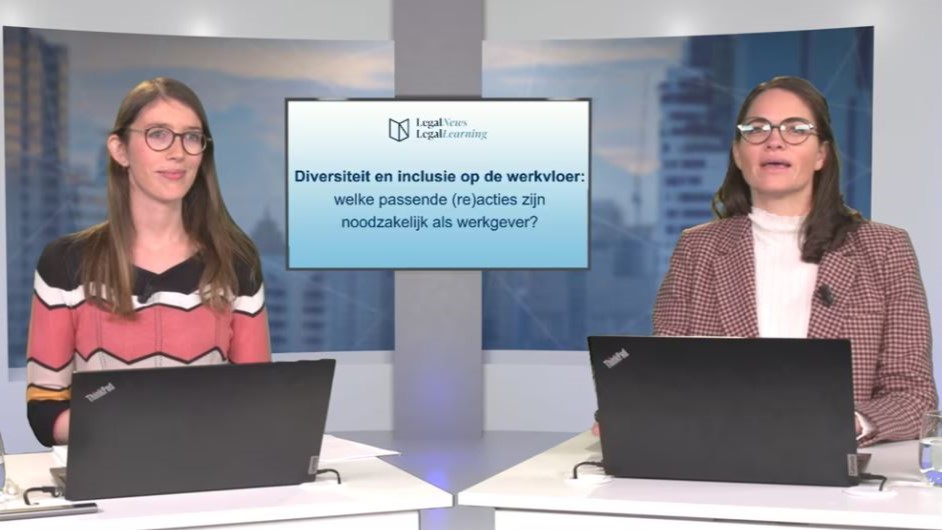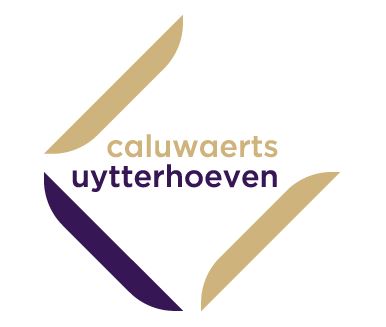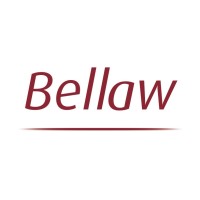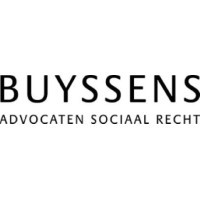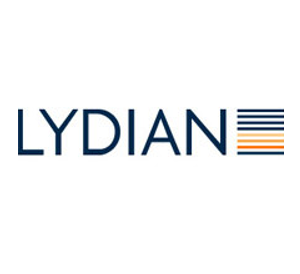Tewerkstelling van buitenlandse werknemers:
nakende ingrijpende wijzigingen
Mr. Sophie Maes en mr. Simon Albers (Claeys & Engels)
Webinar op donderdag 25 april 2024
Vakantiedagen en het arbeidsrecht
Mr. Kato Aerts en mr. Sarah Witvrouw (Lydian)
Webinar op dinsdag 11 juni 2024
HR-aspecten bij M&A transacties
Mr. Nele Van Kerrebroeck (Linklaters)
Webinar op donderdag 16 mei 2024
Het nieuwe Boek 6:
de impact op de werkvloer
Mr. Chris Persyn (Cautius)
Webinar op donderdag 4 juli 2024
Intellectuele eigendomsrechten in de onderneming:
wie is eigenaar van door werknemers en dienstverleners ontwikkelde creaties?
Dr. Nele Somers (ARTES) en mr. Veerle Scheys (Mploy)
Webinar op dinsdag 23 april 2024
Covid-19 update: A new record keeping obligation and compliance check for employers and users relying on foreign workers or self-employed individuals in the construction, cleaning, meat, agriculture and horticulture sectors (Altius)
Author: Emma Van Caenegem (Altius)
Publication date: 25/08/2020
As part of some new measures that aim to reduce the further spread of the Covid-19 virus, the Belgian government has recently imposed a new record keeping obligation upon certain employers and users who are temporarily relying on foreign employees or self-employed individuals. In-scope employers and users also have to verify whether the foreign employees and self-employed individuals have duly completed the Passenger Locator Form. These new obligations apply from 24 August 2020 until 30 September 2020 (but may be subject to extension).
1. Which employers and users are subject to these new obligations?
Not all employers employing foreign workers or calling upon the services of self-employed individuals fall within the scope of the new record keeping obligations.
The obligations only apply to employers active in the construction, cleaning, meat, agriculture and horticulture sectors and only relate to the workers or the self-employed individuals, living or residing abroad, that these employers temporarily call upon for the performance of works in Belgium. The Ministerial Decree of 22 August 2020 does not further define the notion of “temporarily”.
The new obligations do not only apply to employers. Also ‘users’ fall within the scope of the new rules. A ‘user’ is defined as any natural or legal person with whom or for whom employees or self-employed individuals work or supply services directly or indirectly (such as in a subcontractor set-up).
The new obligations do not apply to:
- works for private purposes only;
- frontier workers;
- employees or self-employed individuals whose stay in Belgium does not exceed 48 hours.
2. Record keeping obligation
Which pieces of data have to be collected and kept?
An employer or user falling under the scope of the new record keeping obligation should collect the following data from any foreign worker or self-employed individual that it temporarily relies on:
- General identification data (first name(s), last name, birth date, national number or bis-number, place of residence during the execution of the works in Belgium);
- A phone number the worker or the self-employed individual can be contacted on;
- To the extent it applies, a list of individuals with whom the worker or the self-employed individual works.
This data can only be used for purposes related to the fight against the Covid-19 virus and its further spread, including tracing and investigating clusters located at the same address.
How should an employer or user keep this data?
The employer or the user should keep this data in a register. There is no template format register available. Therefore, an electronic list or register is possible, provided such a list or register can be made available to the competent (social inspection) officers.
The register should be made available to all the services and administrations responsible for preventing the further spread of the Covid-19 virus as well as any and all services and administrations in charge of compliance with the measures imposed to reduce the further spread of the Covid-19 virus.
How long should this data be kept?
This data should be kept from the start of the work on Belgian territory up to and including the 14th day following the work’s termination.
Upon the expiry of that period, this data must be destroyed.
3. Passenger Locator Form compliance check
Employers and users also have to verify whether the foreign worker or self-employed individual has duly completed the Passenger Locator Form, and this check must be made prior to the start of the activities in Belgium.
If a foreign worker or self-employed individual cannot provide evidence that the Passenger Locator Form has been completed, then the employer or the user should ensure that the form is completed in full and on time.
4. Penalties
Non-compliance with these newly-introduced obligations may be subject to a level 2 penalty based on Article 238 of the Social Criminal Code, i.e. an administrative fine ranging between EUR 200 and EUR 2,000 or a criminal fine ranging between EUR 400 and EUR 4,000. The fine is multiplied by the number of employees involved.
Employers and users active in the relevant sectors should ask the foreign workers and self-employed individuals for all the relevant data and should proceed with a Passenger Locator Form compliance check, and this prior to the start of the works in Belgium. This obligation also applies between indirect contractors in a subcontractor chain.
» Bekijk alle artikels: Arbeid & Sociale zekerheid


